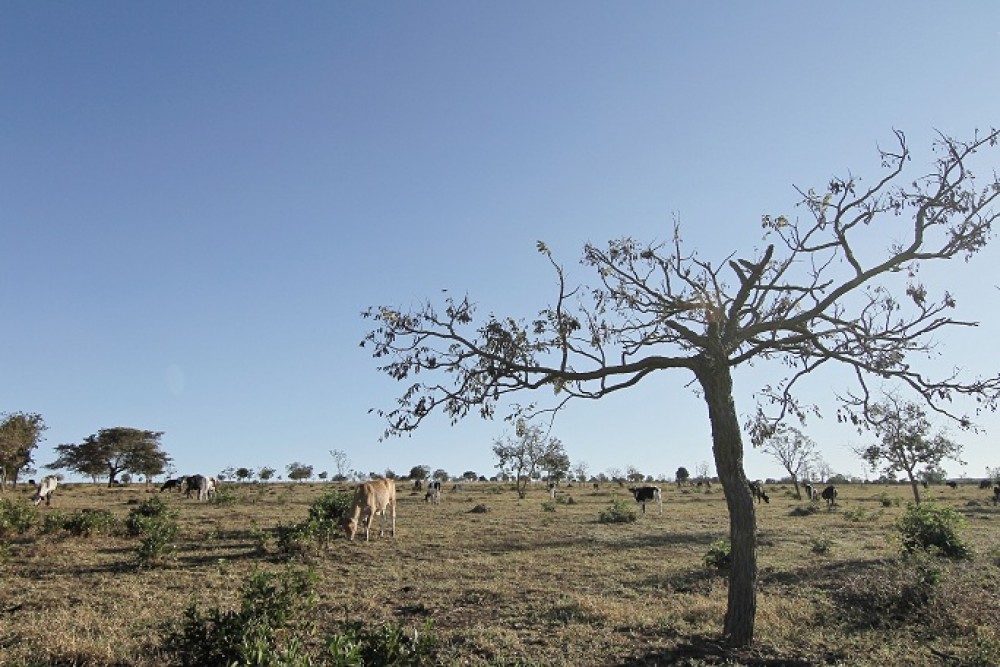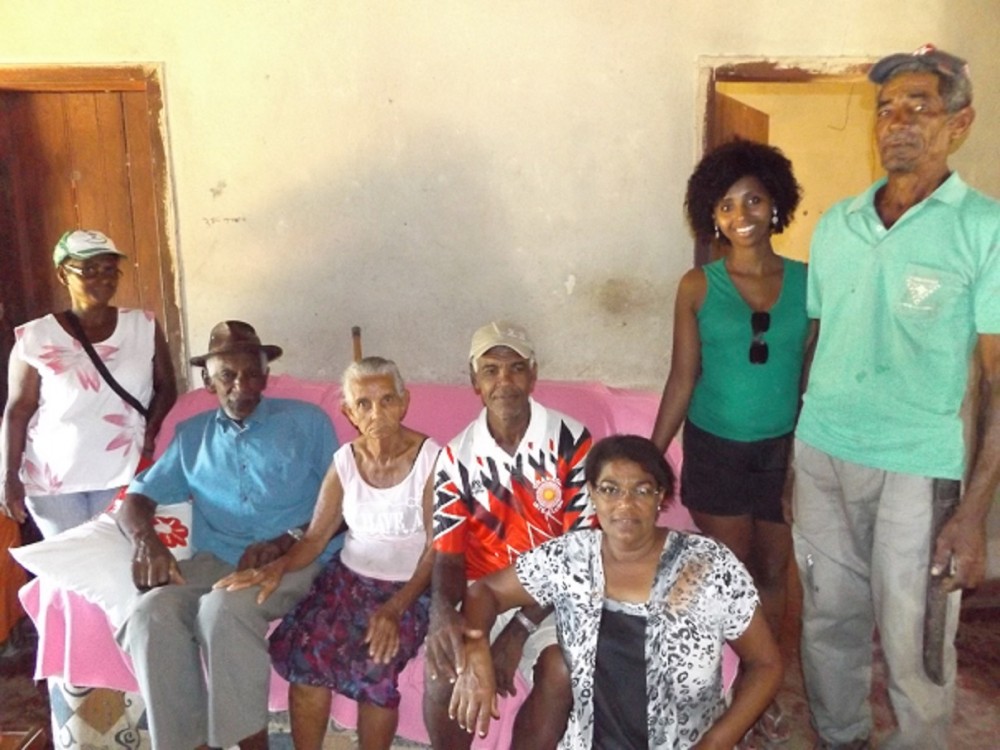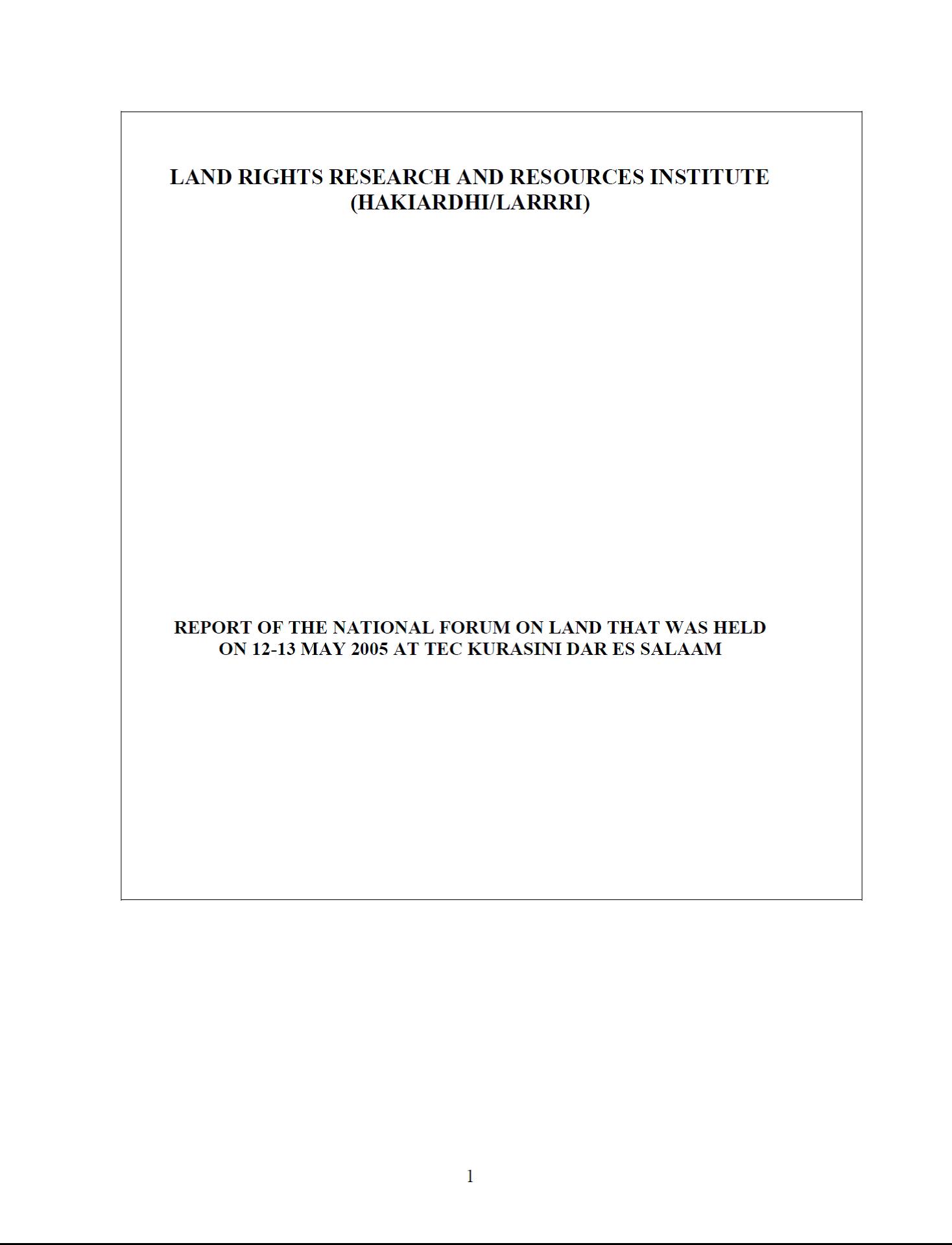Ykua Porâ: el barrio pionero del asentamiento de Chino Cue
El Barrio de Ykua Porâ en Chino Cue, Paraguay, es una extensa comunidad campesina generada a partir de una ocupación colectiva pionera. Unas 60 familias forman parte de la asociación de productores y productoras. La tenencia de la tierra es familiar. Cada familia porta un título provisorio emitido en 2010 por el INDERT, que les permite hacer gestiones ante instituciones estatales y privadas.







